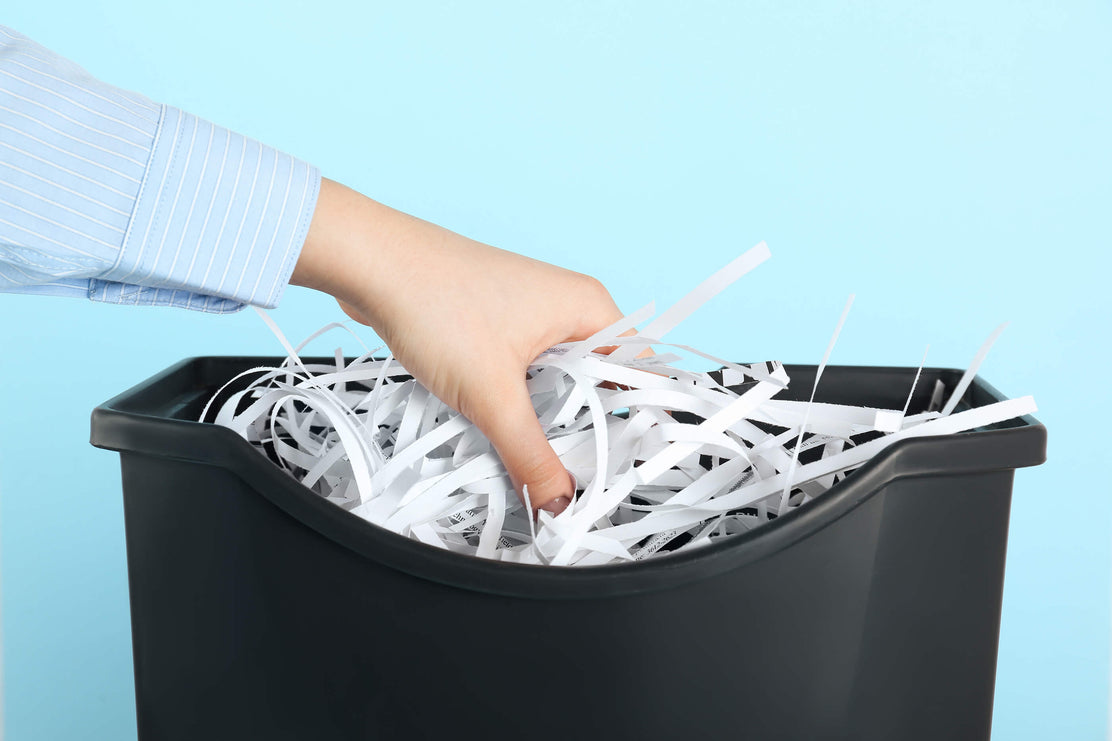
Image Source: Google
In today's digital age, protecting your privacy is more important than ever. While we often focus on securing our online data, it's also crucial to safeguard our physical documents. Improperly disposing of confidential papers can lead to identity theft and other forms of fraud.
One of the best ways to protect your privacy is by safely recycling confidential documents. In this article, we will discuss the importance of securely recycling sensitive papers and provide you with some tips on how to do it effectively.
The Importance of Securely Recycling Confidential Documents
Why is it important to securely recycle confidential documents?
- Prevent identity theft: Throwing away sensitive documents without proper shredding can make you vulnerable to identity theft.
- Comply with regulations: Many industries, such as healthcare and finance, have strict regulations on how confidential information should be handled and disposed of.
- Protect your reputation: Mishandling confidential documents can lead to breaches of trust with clients and customers, damaging your reputation.
- Environmental responsibility: Recycling paper helps reduce waste and lessen the impact on the environment.
How to Safely Recycle Confidential Documents
Follow these steps to safely recycle your confidential documents:
- Sort your documents: Before recycling, go through your papers and separate out any confidential or sensitive documents that need to be shredded.
- Invest in a shredder: Purchase a high-quality shredder to destroy your confidential papers. Cross-cut shredders are the most secure, as they cut paper into small confetti-like pieces.
- Shred your documents: Shred all sensitive documents before recycling them. This includes old bank statements, tax forms, medical records, and any papers containing personal information.
- Use a shredding service: If you have a large volume of documents to shred, consider using a professional shredding service. They can securely dispose of your papers and provide you with a certificate of destruction for your records.
- Secure recycling bins: When disposing of shredded paper, use secure recycling bins to prevent anyone from accessing your confidential information.
- Monitor the recycling process: If you are recycling through a commercial service, make sure to inquire about their security measures for handling confidential documents.
Alternative Methods for Disposing of Confidential Documents
Consider these alternative methods for disposing of confidential documents:
- Document destruction events: Many communities host document shredding events where you can bring your papers to be securely shredded on-site.
- Electronic document storage: Consider digitizing your documents and storing them securely in the cloud. This reduces the need for physical papers and makes it easier to manage and secure your information.
- Secure document disposal companies: Some companies specialize in secure document disposal and can provide services such as document pickup, shredding, and recycling.
- DIY methods: If you do not have access to a shredder, you can still securely dispose of your documents by tearing them into small pieces or burning them in a safe and controlled manner.
Conclusion
Safely recycling confidential documents is a crucial step in protecting your privacy and preventing identity theft. By following the tips outlined in this article, you can ensure that your sensitive papers are disposed of securely and responsibly. Remember to prioritize the protection of your confidential information, both online and offline, to safeguard your privacy in today's digital world.
